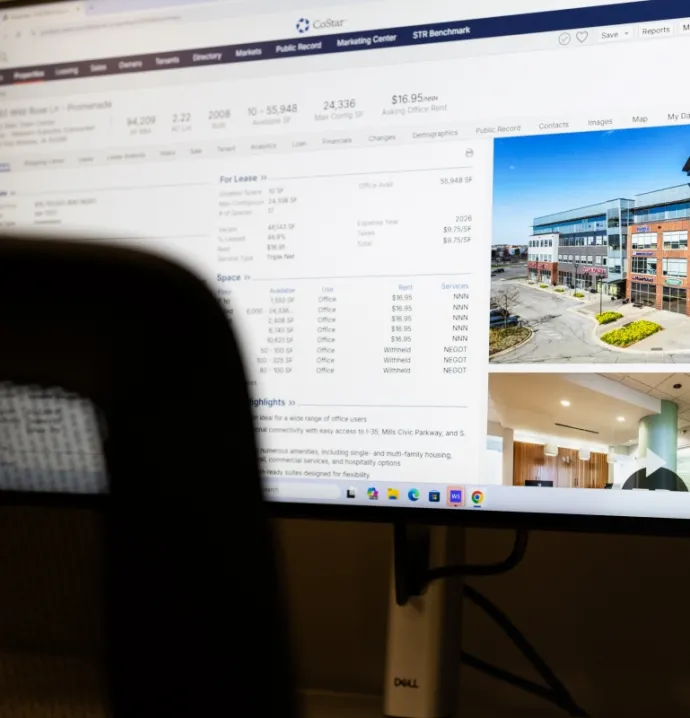Moral hazard in the labor market
Moral hazard in the labor market
In the wake of the disruption in America’s economy, legislators on both sides of the aisle quickly rushed through palliatives for American businesses and workers. In doing so, they may have created situations rife with what economists call “moral hazard,” situations where the affected parties have disincentives to mitigate losses.
Workers laid off their jobs due to COVID-related business closures, whether temporary or permanent, certainly needed financial help. The current unemployment rules were not designed to handle such massive unemployment; the jump in unemployment benefits claims was stunning in March and April. State officials and employees scrambled to process claims.
The federal government certainly had a role to play, and one could argue that erring on the side of “generosity” was justifiable. However, the extra $300 per week spared many workers undue suffering, but the special payments left many unskilled or semi-skilled workers better off under unemployment than when they were working.
On the other hand, workers earning middle-class salaries or wages and receiving the $300/week (say, skilled workers) might be less deserving of sympathy. I attended a symposium a couple of years back, and the financial expert chided laid-off workers who were in dire economic straits immediately upon unemployment. The financial expert pointed out that a basic tenet of good financial planning is to accumulate a three-to-six month liquid fund for such emergencies. The reality is that a significant proportion of Americans live from paycheck to paycheck, even those earning more than $100,000 per year.
The difficulty was that the enacted legislation was somewhat ambiguous as to workers’ responsibilities. If an employer could re-open, was an employee duty-bound to resume working, even if doing so meant a financial loss due to the lost $300 per week? What if the worker was concerned that the employer’s efforts in creating a safer workplace were inadequate in some sense? Would that justify the worker refusing to return to work? In either case, a worker who did not return to their former employer may have caused the employer's hardship. Employers would have to seek and train new workers at a time when their companies were vulnerable.
There were undoubtedly many workers who chose to exploit the situation. They enjoyed getting the extra $300 per week and were in no hurry to return to lackluster jobs. Of course, they probably failed to reflect that the $300 was coming from somebody else’s pocket, i.e., taxpayers.
What duties do employees owe employers and taxpayers? The usual unemployment laws typically require workers to accept new jobs or return to old jobs under reasonable circumstances. Economists studying unemployment find that overly “generous” and prolonged unemployment benefits may redound against employees, as it induces them to remain unemployed for extended periods. In the long run, such a decision may prove detrimental to the worker. Lengthy stints of unemployment are undesirable; workers’ skills may deteriorate the longer they are unemployed.
The debate about issuing another round of check revolves, in part, around this issue of moral hazard. One set of legislators argue that workers are exploiting the situation and are demonstrating the ill effects of moral hazard. Another set of legislators hope to make the $300/week payments permanent, imposing additional taxes upon the roughly 50% of American adults who actually pay federal income taxes (almost 50% do not owe any federal income taxes).
Regardless of the political ramifications, this is an example of business ethics whereby the employees have ethical duties.
The views and opinions expressed are those of the author and do not imply endorsement by the University of Northern Iowa.




